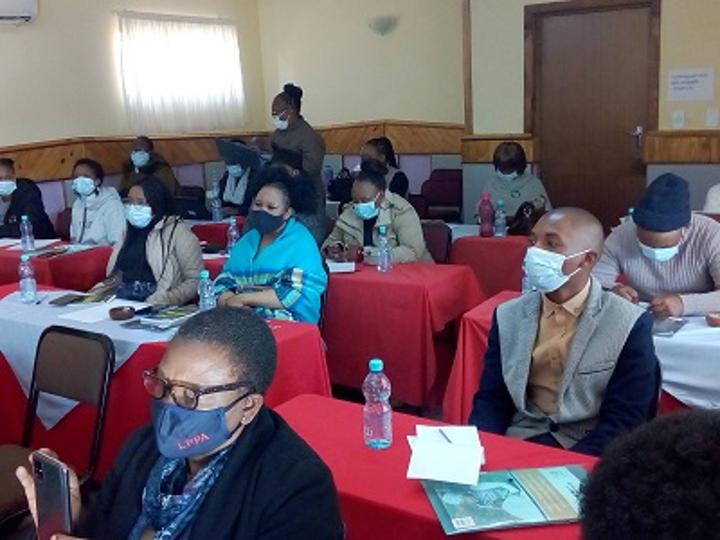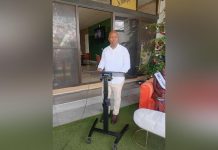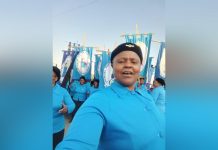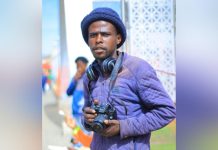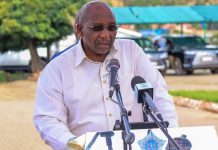Africa-Press – Lesotho. The Ministry of Health (MoH) in concert with the World Health Organization (WHO) and the United Nations Population Fund (UNFPA) facilitated a three days’ workshop for journalists in
Berea. This workshop started from Sunday to Tuesday this week and was themed around Sexual Reproductive, Maternal, New born Child, Adolescent Health and Nutrition (SRMNCAH & N)
services. The initiative was in an effort to execute the MoH 2018-2022 strategic plan. MoH Deputy Principal Secretary (DPS) ‘Matšoanelo Monyobi said the overarching goal of the
MoH is to increase access to “quality preventive, curative and rehabilitative” health care services. Monyobi highlighted that the Ministry has engaged the media fraternity for the latter to appreciate
the efforts undertaken by the MoH in ensuring access to SRMACH&N services. “The media plays a crucial role in disseminating health information and increasing awareness about
all health issues. The mass media does not only spread awareness, it has also been informing and educating people over a period of time,” she said. Sister ‘Makhotso
Tšotetsi from Family Health said the training is envisaged to capacitate the media practitioners “to facilitate a supportive policy environment and generate
considerable demand” for SRMNCAH & N services. She said the purpose of the training is to strengthen the collaboration with the Districts Management Health Teams (DMHTs).
One of the attendants, Kefiloe Kajane, a Journalist at The Reporter newspaper said the workshop will help her enhance her reporting, as she will from now handle stories “differently” and avoid mistakes.
She made an anecdote on reporting the victims of Gender Based Violence (GBV) saying when reporting on such sensitive stories, she will not make the victim “relive” the
experience of the violence perpetrated on them. “I will not just want the story but also ask them questions that will contribute to their healing,” she said.
Asked what some of her takeaways were during the time she had been in the training, she said some issues need professionals in the areas of concern in
order to ensure that she produces “authentic” stories. “When we hear from them how our stories can impact the health system and people in general, we will be able to improve as reporters,” Kajane stressed.

